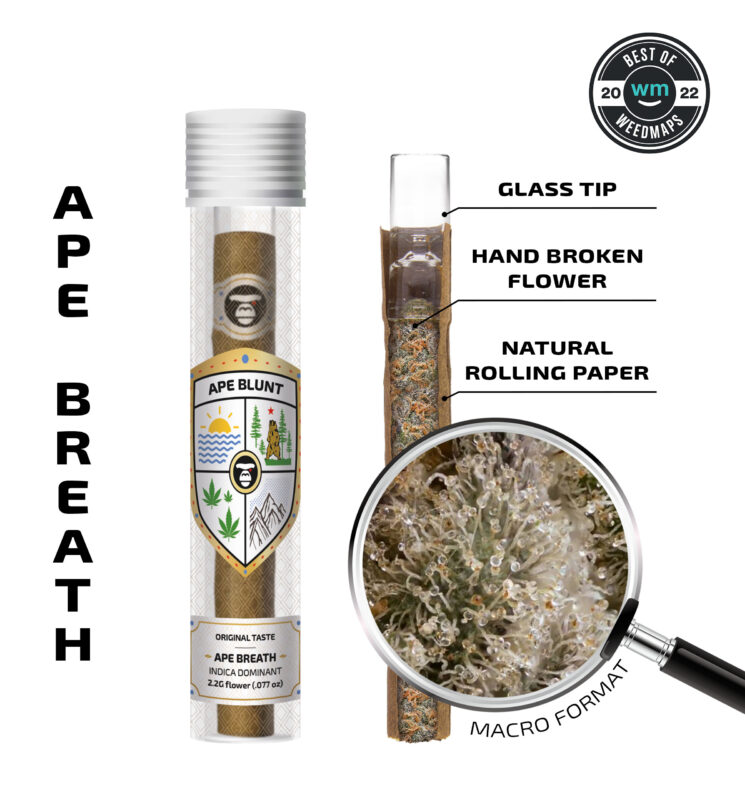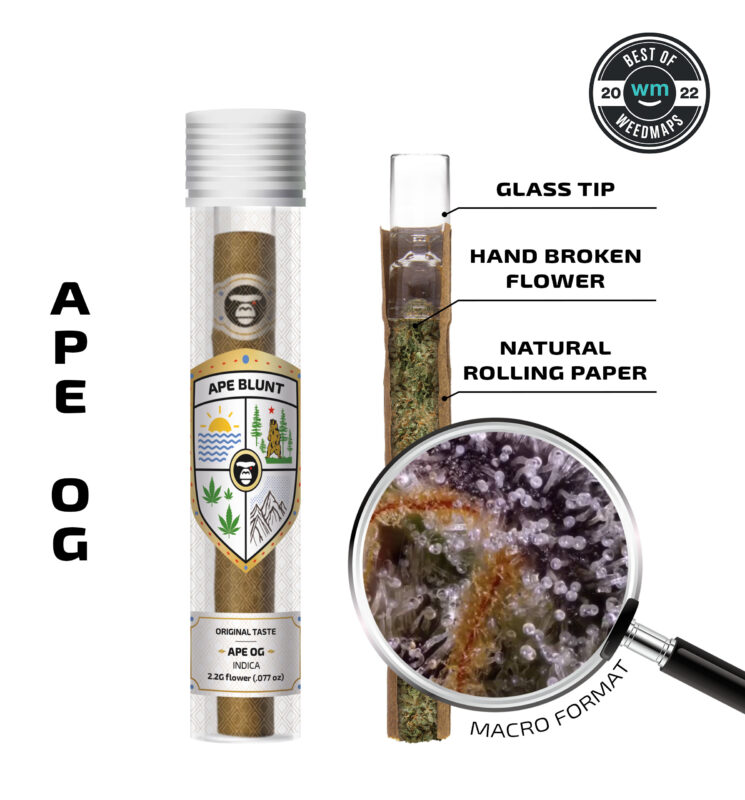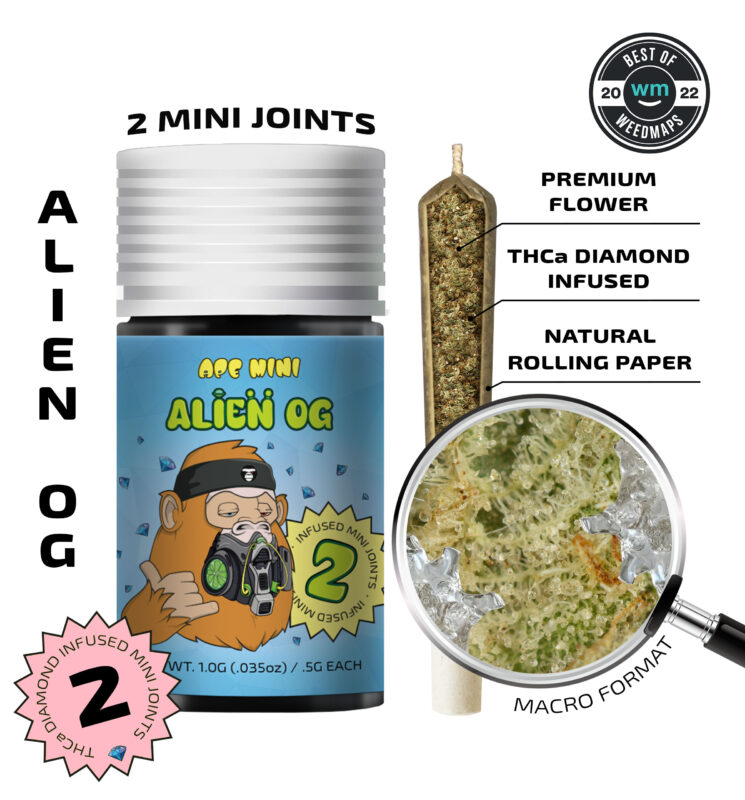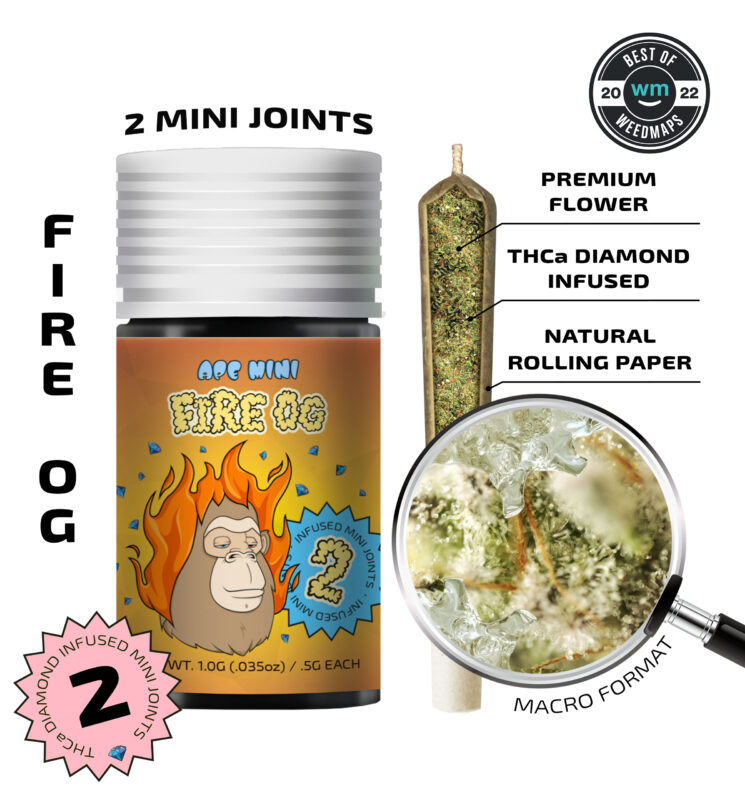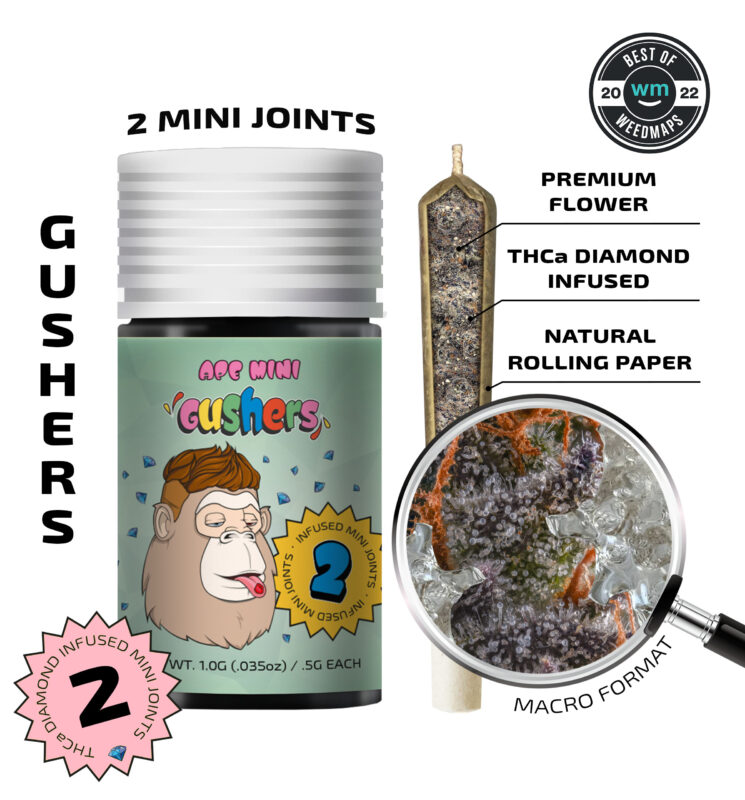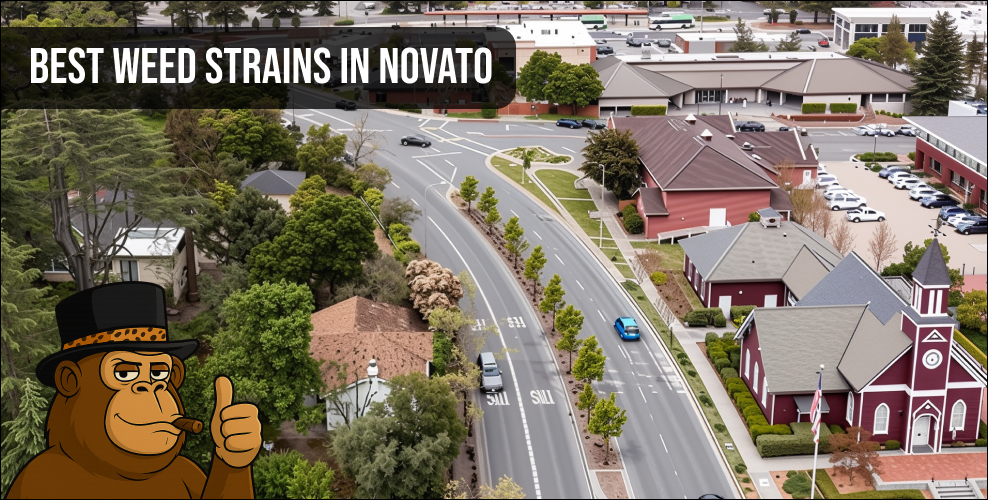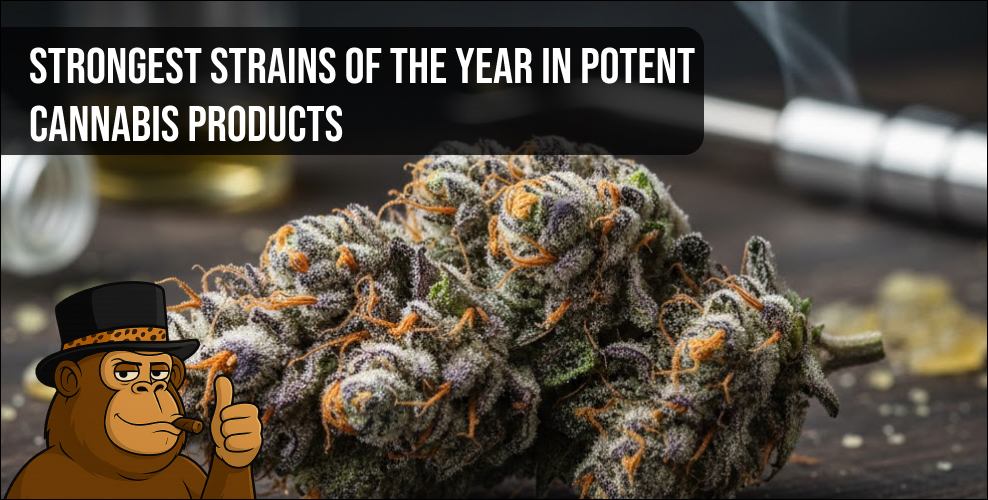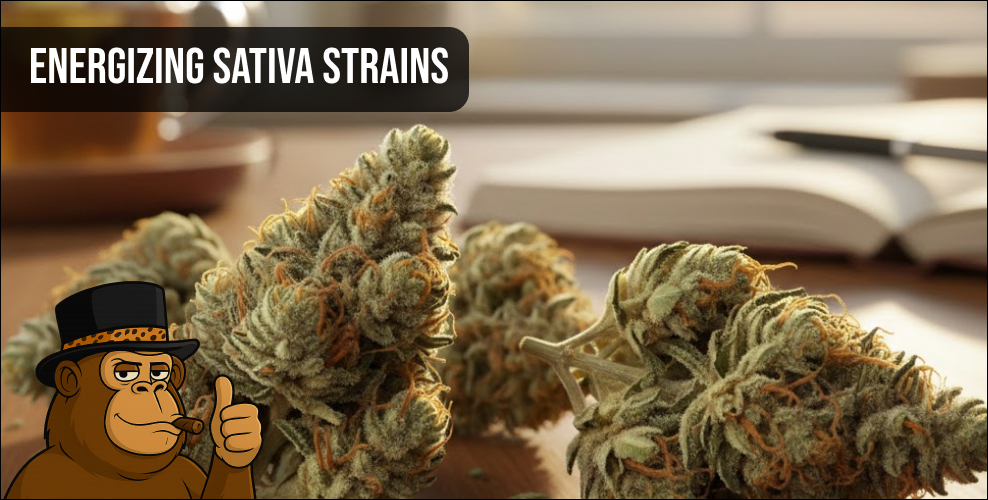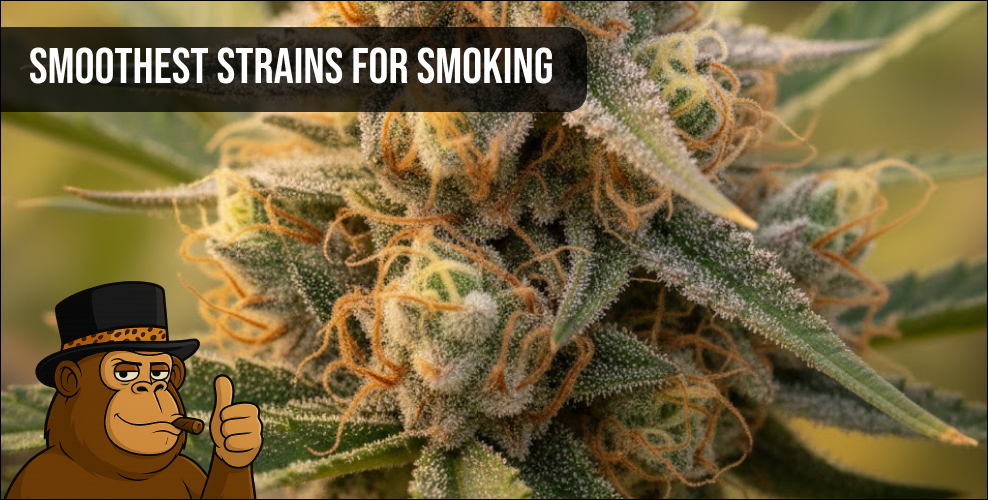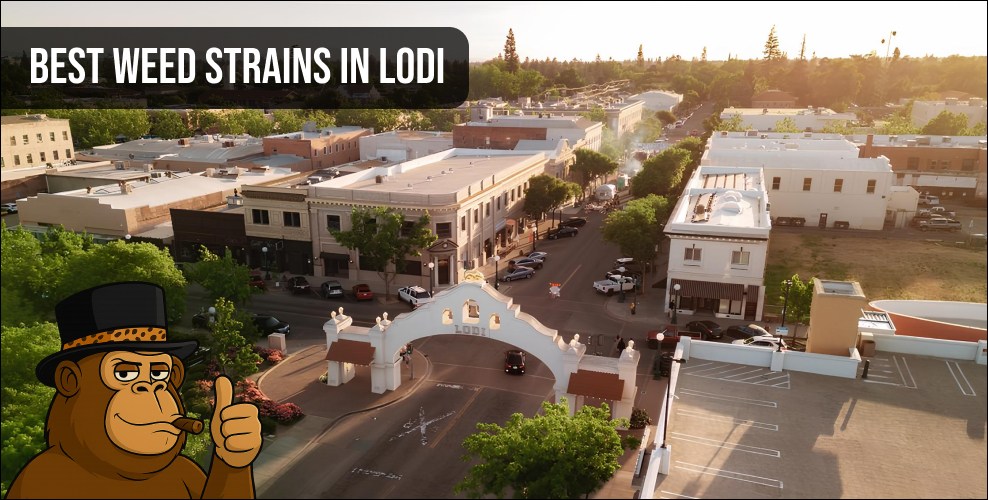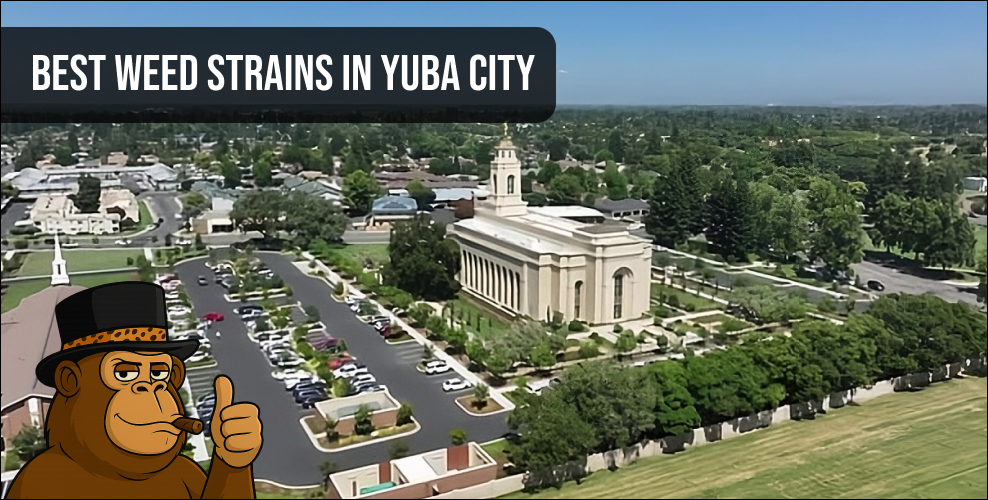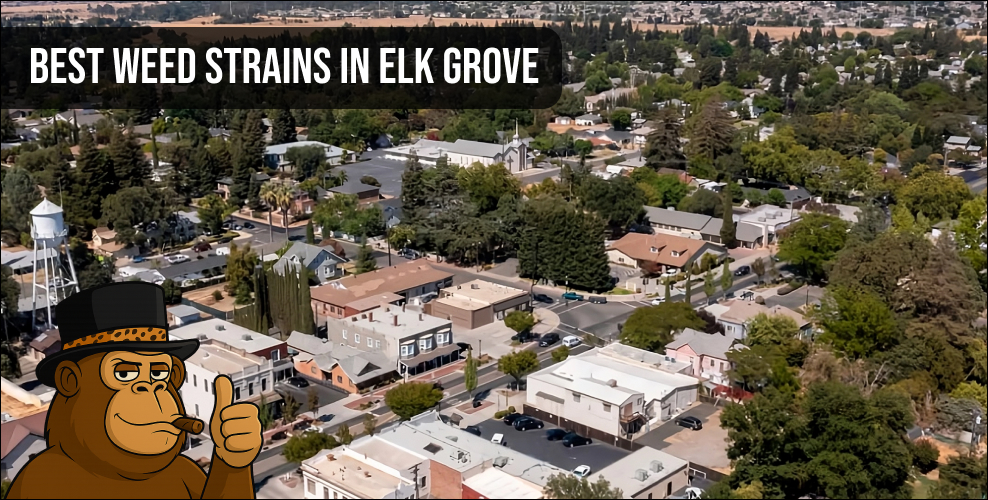What Is Veganic Weed?
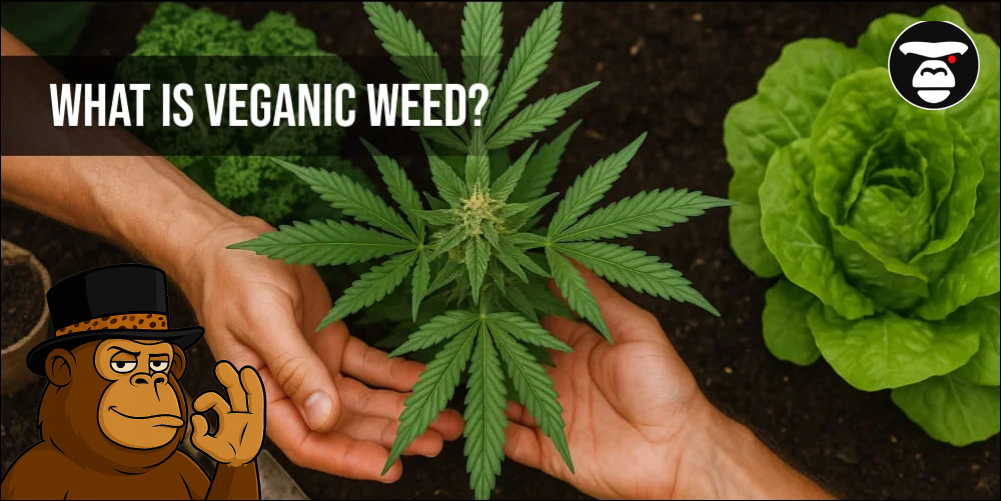
What Is Veganic Weed? It’s cannabis cultivated without any animal-based products or synthetic fertilizers. The idea is to grow marijuana in a way that is completely plant-based and environmentally conscious. This approach blends organic farming principles with vegan ethics.
Unlike standard organic cannabis, veganic weed avoids animal-derived inputs like bone meal, fish emulsion, or blood meal. Instead, growers use plant-based compost, natural enzymes, and vegan-approved nutrients. The result is a cleaner, more ethical product.
The demand for veganic cannabis is growing, especially among health-conscious users and those who care about sustainability and animal welfare. These consumers want to know exactly what goes into their weed — and prefer it clean, ethical, and transparent.
Main advantages of veganic growing:
- No animal by-products — important for vegans and sensitive users
- Lower environmental impact — less water and soil pollution
- Cleaner taste and aroma — no residue from animal-based nutrients
Whether for ethical reasons or personal wellness, veganic marijuana is increasingly being seen as a higher standard in cannabis cultivation. It’s not just what you grow — it’s how you grow it that makes the difference.
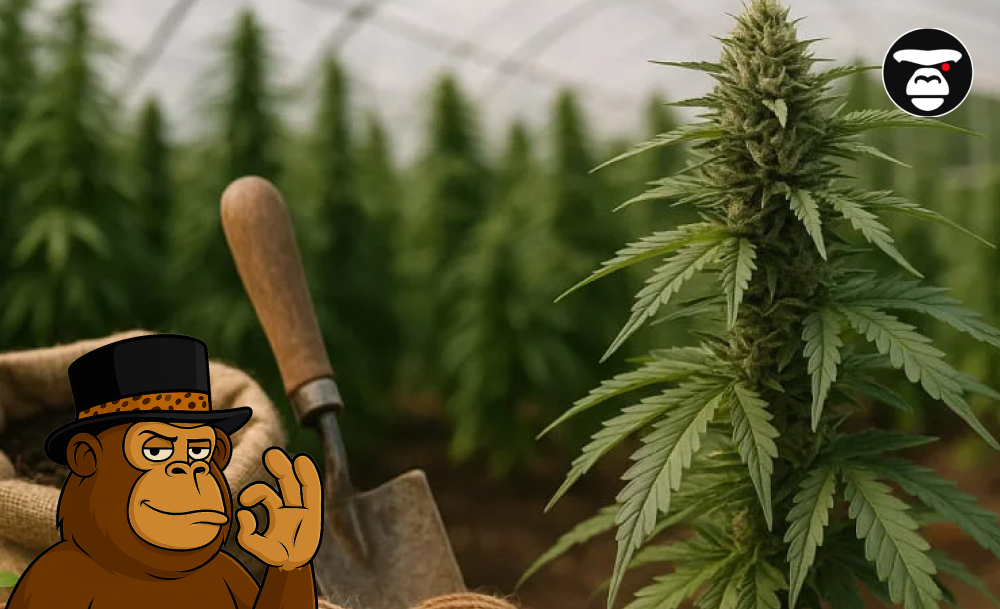
Veganic vs. Organic: What’s the Real Difference?
When comparing veganic and organic cannabis, the question isn’t just What Is Veganic Weed, but how it’s fundamentally different from other “clean” methods. Both avoid synthetic chemicals, but their source of nutrients sets them apart.
Organic cannabis often uses natural inputs like manure, fish products, or animal meal. While still natural, these are not vegan. Veganic weed strictly avoids all animal-derived materials, using only plant-based or mineral-based nutrients.
There’s also a philosophical difference. Veganic growers aim to protect not only the plant but the entire ecosystem — from soil microbes to animal welfare. This makes the veganic approach more holistic, albeit more demanding.
Key differences of veganic cultivation:
- 100% plant-based fertilizers — no animal inputs at all
- Focus on soil health and microbial ecosystems
- Ethical farming — aligned with vegan and environmental values
If you care about what goes into your cannabis and the environmental footprint behind it, choosing veganic marijuana can make a significant difference.
How Is Veganic Weed Grown? A Step-by-Step Overview
Understanding What Is Veganic Weed means looking at how it’s grown. Veganic cultivation requires precision and a deep respect for soil health. Everything starts with building the right medium — the “living soil” that supports healthy plants.
Instead of composted manure or fish emulsion, veganic growers rely on plant-based materials: composted vegetables, coconut coir, worm-free humus, alfalfa meal, and fermented plant extracts. The goal is a microbe-rich soil that feeds the plant naturally.
Feeding is done using vegan compost teas, kelp, molasses, humic acids, and beneficial microbes. These inputs don’t just feed the plant — they nurture the whole soil food web, which in turn keeps the plant thriving.
Core elements of veganic cultivation:
- Living soil — rich in beneficial fungi and bacteria
- Plant-only inputs — like fermented nettles, kelp, and compost tea
- No pesticides, no growth stimulants — just clean, natural growing
Though more labor-intensive, this method results in resilient plants, improved terpene profiles, and a noticeably cleaner smoke.
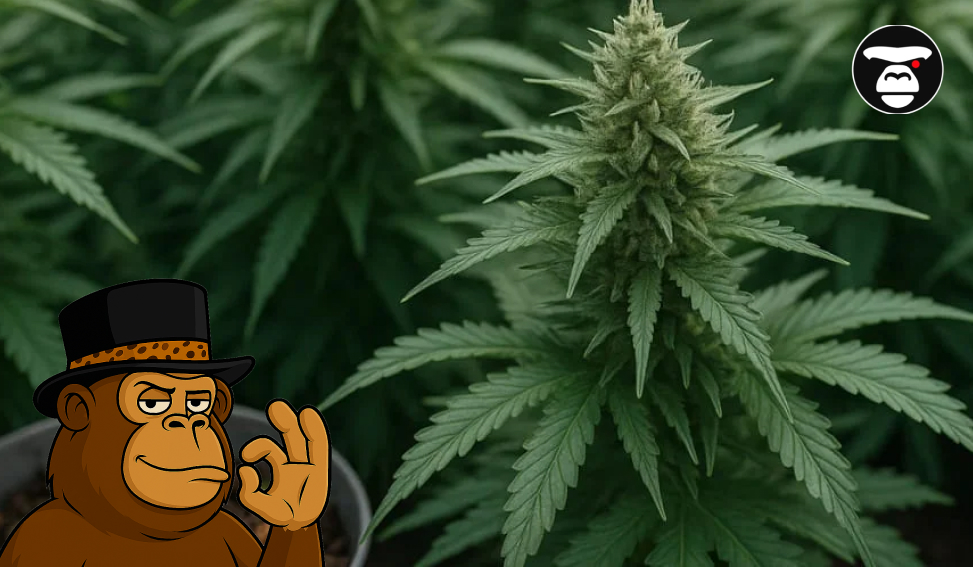
The Impact of Veganic Methods on Taste, Aroma, and Effects
A big reason people ask What Is Veganic Weed is because of its superior flavor and smoother experience. Many users describe veganic cannabis as having a “cleaner” taste and more nuanced terpene profile.
Because the plants aren’t absorbing animal-based compounds, their natural flavors aren’t masked or altered. Citrus, berry, pine, and earthy notes come through stronger. The smoke is also smoother, which is especially appreciated by medical users.
Effects-wise, some report that veganic weed feels “cleaner” and more balanced. This may be due to fewer impurities or simply the better expression of the plant’s full genetic potential.
How veganic cannabis enhances experience:
- Pure flavor — no “muddy” or artificial notes
- Stronger, more defined aroma from terpene expression
- Balanced effects — ideal for sensitive or medical users
When purity matters — whether for taste, wellness, or therapeutic impact — veganic marijuana offers a clear advantage.
Why More Growers Are Switching to Veganic Weed
So What Is Veganic Weed from a grower’s perspective? It’s a way to produce cleaner, more ethical cannabis while also responding to growing consumer demand for transparency and quality.
Today’s cannabis consumers ask questions. They want to know not just strain names or THC levels, but how their weed was grown. Veganic cultivation allows brands to meet those expectations and position themselves as responsible and premium producers.
With tightening regulations on residual chemicals and heavy metals, going veganic also reduces legal risk. Using natural, plant-based inputs helps avoid failed tests and improves overall product safety.
Why cultivators go veganic:
- Growing demand for clean-label, ethical cannabis
- Stronger brand identity — premium, eco-conscious image
- Reduced risk of chemical contamination or failed testing
Transitioning to veganic cultivation isn’t easy — but for many growers, it’s the future of responsible cannabis production.
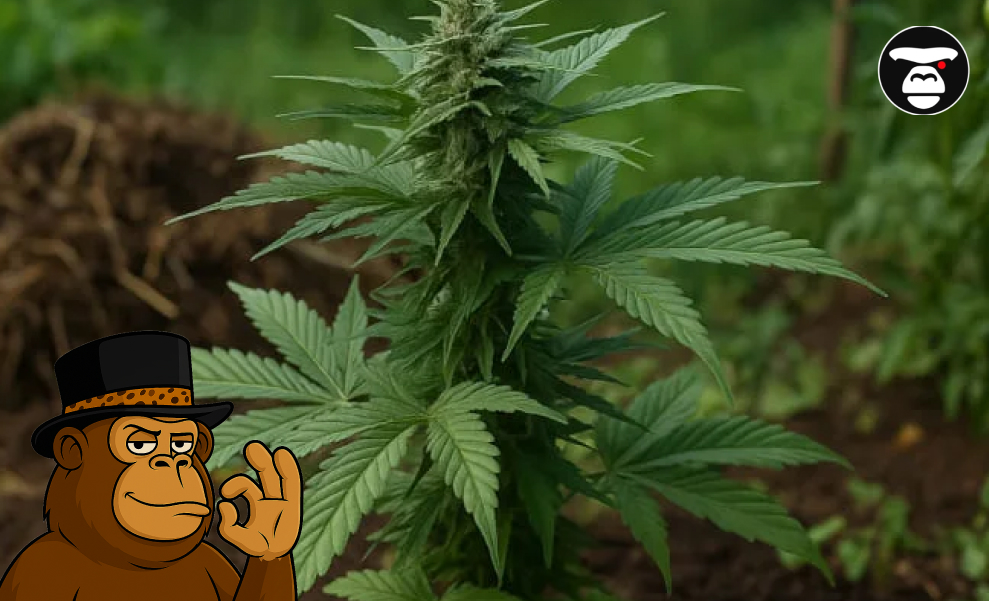
Is Veganic Weed Really Safer?
One reason behind the rising popularity of veganic weed is the belief that it’s safer. And in many ways, this is true. By avoiding animal-based fertilizers and synthetic pesticides, veganic cannabis reduces exposure to contaminants and allergens.
Plants grown in veganic systems tend to be more resilient, thanks to a thriving microbial environment. This reduces the need for sprays or interventions, lowering the chance of ingesting unwanted substances.
For medical users, that’s critical. Sensitive patients — especially those with autoimmune conditions or allergies — may react poorly to trace elements found in non-vegan fertilizers. Veganic cannabis offers a cleaner alternative.
How veganic weed enhances safety:
- No risk of animal pathogens or hormones in the soil
- Fewer chemical residues — safer for long-term use
- Healthier plants — fewer pest and disease problems
If you’re using cannabis for health reasons, asking What Is Veganic Weed might lead you to a better solution for your body and peace of mind.
- Weed Dispensaries in Riverside CA. Recreational & Medicale
- What Are THC and CBD Laboratory Tests
- Which varieties lift your spirits and give you energy?
Which Strains Are Best for Veganic Cultivation?
You may wonder: Can all strains be grown veganic? The short answer — yes. But some genetics respond even better to this method. Terpene-rich and delicate phenotypes tend to shine in a veganic setup.
Strains like Tangie, Lemon Haze, and Gelato — known for their intense aromas — often show stronger terpene profiles when grown in living, plant-fed soil. The absence of heavy nutrients lets natural flavors shine.
More demanding strains, like heavy indicas that require intense feeding, might need careful management. But with proper care, veganic weed can work for any genetic line — indica, sativa, or hybrid.
Strains that thrive with veganic techniques:
- Terpene-rich cultivars — better aroma and flavor expression
- Medical strains — cleaner effects with fewer residues
- Craft genetics — ideal for boutique, small-batch growers
In the end, it’s not about whether a strain can go veganic — it’s about how much better it can perform under these natural, plant-based conditions.
How to Tell if Your Weed Is Truly Veganic
With all the buzz around What Is Veganic Weed, some brands use the term without fully embracing the practice. Since there’s no universal certification yet, consumers must learn to spot real veganic cannabis.
First, transparency matters. Real veganic producers often publish their cultivation methods, nutrient sources, and lab results. They may also carry organic or vegan-friendly certifications — like OMRI-listed nutrients or Certified Vegan labels.
Second, lab testing can reveal a lot. Look for third-party tests that confirm the absence of pesticides, heavy metals, or biological contaminants. These are signs of a cleaner, more reliable product.
How to verify authentic veganic cannabis:
- Check product labels and brand websites for full ingredient transparency
- Look for organic or vegan certifications, even if unofficial
- Request lab results — ensure no contaminants or animal-derived residues
Ultimately, What Is Veganic Weed is more than a trend — it’s a signal of care, ethics, and intention. And if you value clean growing and clean smoking, it’s worth seeking out.
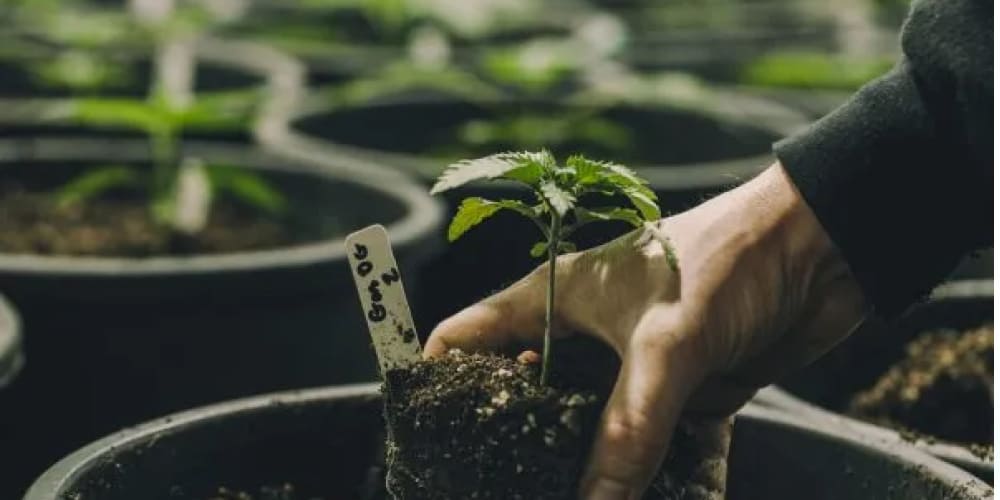
FAQ: Everything You Need to Know About What Is Veganic Weed
Is veganic weed the same as organic weed?
No. While both methods avoid synthetic chemicals, veganic weed goes a step further by eliminating all animal-based fertilizers. Organic cannabis may still use bone meal, fish emulsion, or manure — none of which are allowed in veganic cultivation.
Does veganic weed taste different?
Yes. Many users report that veganic marijuana offers a cleaner, purer flavor with better terpene expression. Since no heavy animal-based nutrients are present, the plant’s natural aroma and taste shine through more clearly.
Is veganic cannabis more expensive?
It can be. Growing veganic weed is more labor-intensive and requires more precise nutrient planning. However, the increased quality and ethical value often justify the higher price for conscious consumers.
Can I grow veganic weed at home?
Absolutely. Home growers can adopt veganic cultivation by avoiding animal-based fertilizers and using plant-based alternatives like compost teas, kelp meal, and humic acid. It requires some learning, but it’s completely doable and rewarding.
How do I know if cannabis is truly veganic?
Look for transparency. Trusted producers of veganic weed usually share their growing methods and may offer lab test results. Certifications like “Certified Vegan” or OMRI-listed inputs are also helpful indicators, though not mandatory.




